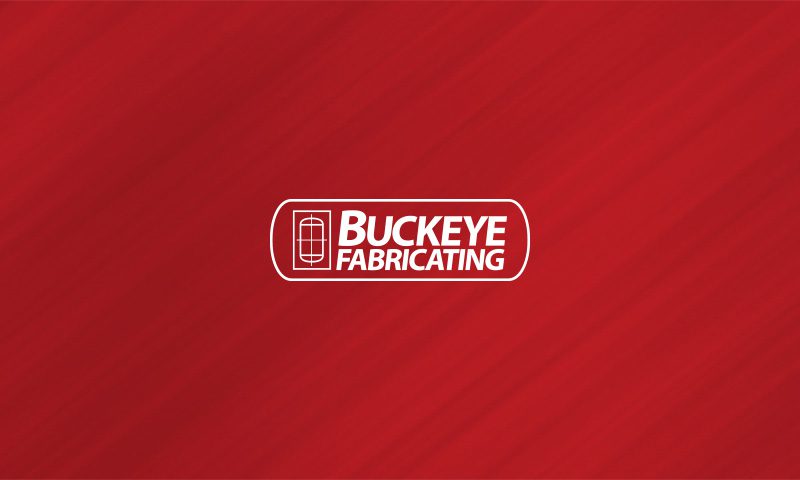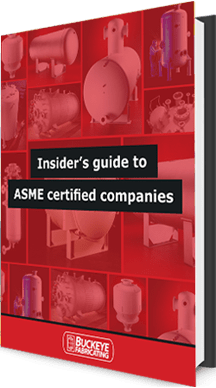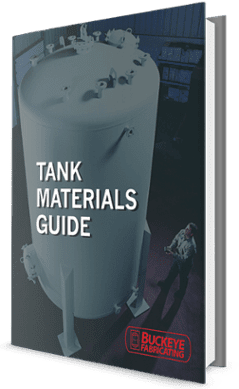The concept of third party certifications in many ways acts as a cornerstone to ensure that equipment manufactured under codes such as the ASME Boiler and Pressure Vessel Code (BPVC) are indeed manufactured in accordance with that code.
Third party certification provides owners, users and regulatory authorities with an independent unbiased audit that confirms that the pressure vessel or component was manufactured in accordance with specified standards. As such, third party certifications provide all parties concerned with the assurance that the work was properly executed and in conformance to the requirements of that code. In many states and countries, third party certification of pressure vessels rated in excess of 14 psi is required by law.
Generally, third party inspection organizations are themselves subject to approval and audit to ensure that they have the necessary capability to perform the inspections for which they are accredited. In the case of ASME, there is an authorized Inspection Agency Accreditation Program which certifies that the inspection organization is an Authorized Inspection Agency (AIA). ASME accredited AIAs are approved to perform certain functions in terms of the BPVC, and information on such AIAs can be obtained from the ASME website.
For manufacturers, third party certifications are important because they show that the pressure vessels they manufacture comply with appropriate standards. This is especially useful if the manufacturer is some distance from the customer or even in another country. In situations where the approval of an AIA is not legally required because the customer is in a region or country where the requirement for adherence to ASME BPVC is not enshrined in law, it nevertheless demonstrates commitment to certain safety standards and shows that materials used and methods of construction meet certain minimum quality standards.
Third party certifications also provide customers with peace of mind that the product is fit for purpose and that the necessary precautions were taken during its fabrication to ensure that the pressure vessel was properly designed, manufactured and tested to demonstrate that it is safe. Apart from this, risk assessors and insurers often demand third party certification as well as other interested parties who share some of the risk with the customer.
Third party certifications offer an important and necessary link in the chain that ensures the safety of pressure vessels.



 ASME Informational
ASME Informational Tank Materials
Tank Materials